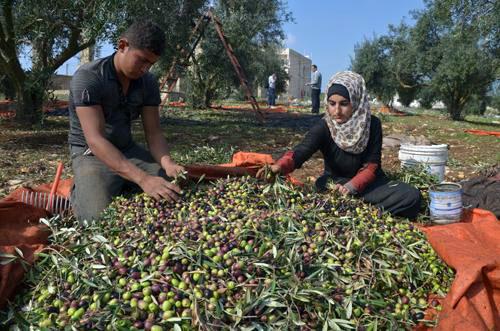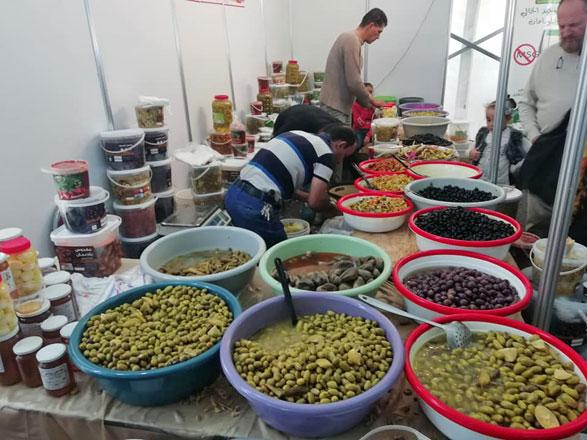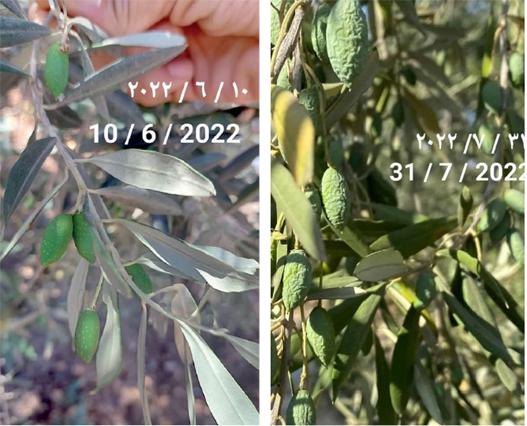You are here
No exports of olives this year — Agriculture Ministry
By JT - Oct 06,2019 - Last updated at Oct 06,2019

Olive trees cover 72 per cent of the agricultural land in Jordan, according to the Department of Statistics (File photo)
AMMAN — The Ministry of Agriculture has decided not to allow the export of olives this year in order to achieve a balance among farmers, merchants and consumers, Ministry Spokesperson Lawrence Majali said on Sunday.
Majali told the Jordan News Agency, Petra, that the decision also aims to provide enough quantities for the local market with prices that are suitable for consumers and farmers.
The spokesperson said that the decision is in line with the ministry’s plan to protect the local produce, organise the needs of the local market and guarantee reaching the operational capacity of olive presses as the olive season, which usually starts in mid-October, approaches.
The ministry official stressed that olive exportation will not be allowed at all. He also said that the ministry will follow up on attempts to sell and market fake olive oil through partnership with all relevant monitoring institutions.
He added that all news about exporting olives this year is baseless, according to Petra.
Olive trees cover 72 per cent of the agricultural land in Jordan, according to the Department of Statistics (DoS).
Approximately 10.5 million olive trees are planted over 560,000 dunums, most of which are located in the northern region of the Kingdom. Jordan is also ranked 8th internationally in olive oil production, according to DoS data.
DoS figures also show that the sector’s investment volume amounted to JD1 billion in 2018 and has created job opportunities for more than 80,000 Jordanian families.
Related Articles
AMMAN — Olive oil presses across the Kingdom will open on Monday, commencing the 2020/2021 harvest season, Environment Minister and Acting M
AMMAN — The 19th National Olive Festival received some 40,000 visitors during its first two days, during which olive oil sales reached aroun
AMMAN — Climate change and elevated temperatures impact the growth and development of olives and threaten olive oil quality, according to an













